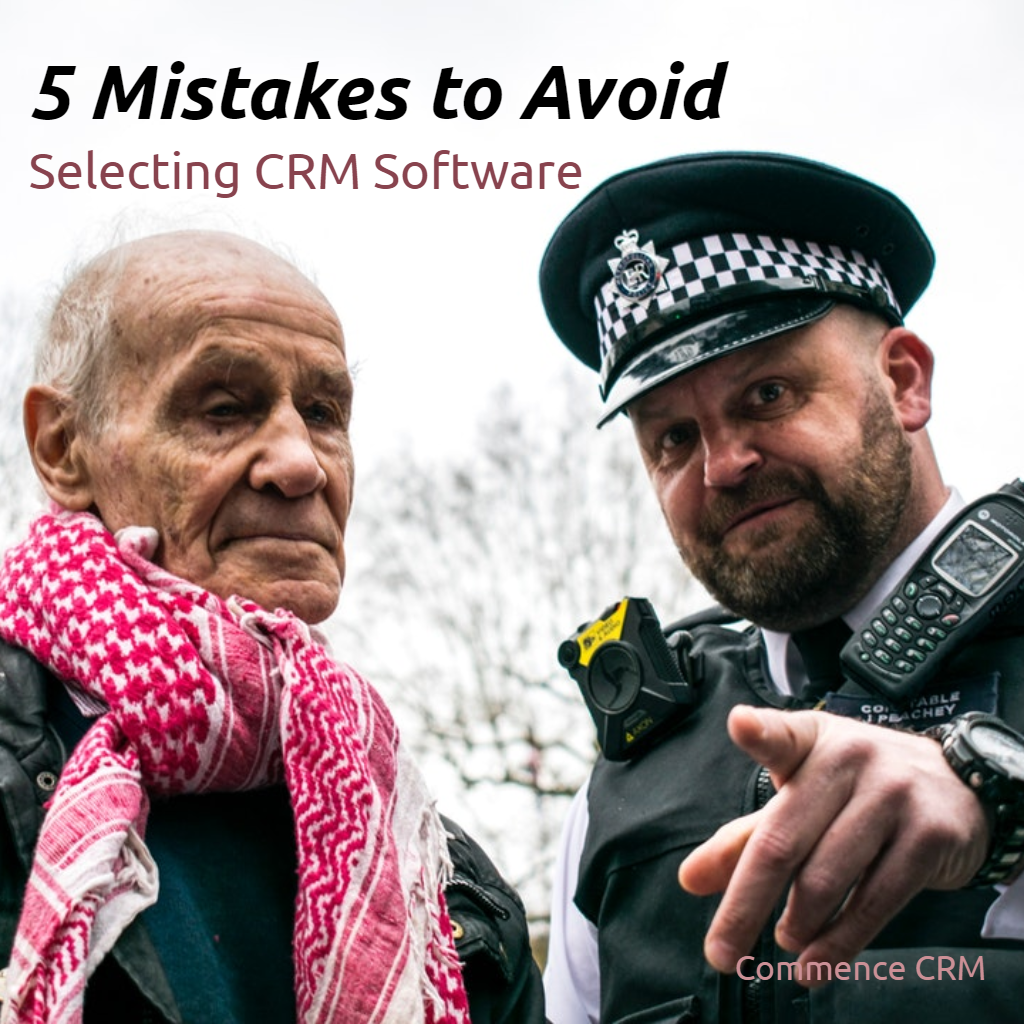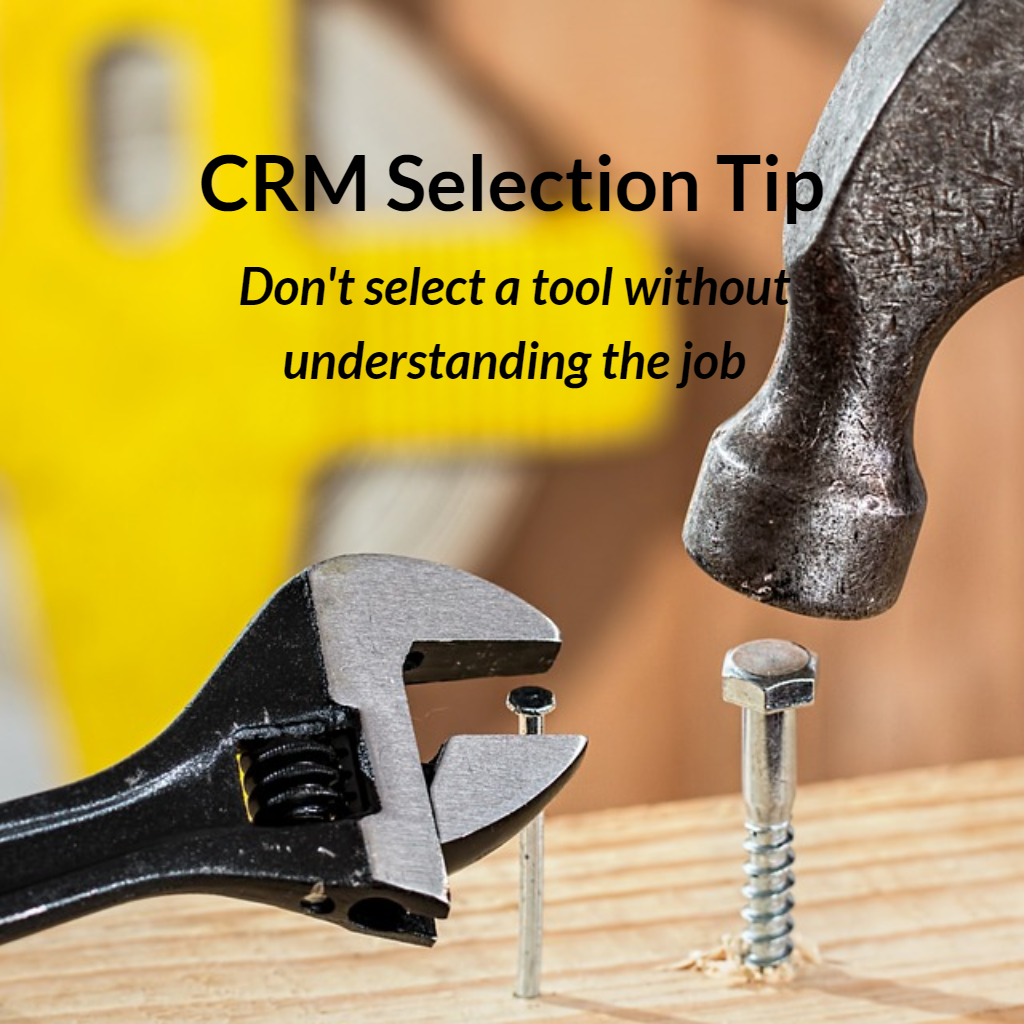
By Dave Kahle
I’m often asked to help a company refine their sales force compensation plans. As a consulting company, that’s work that we regularly do. I believe in having a well-designed, effectively managed compensation plan as a fundamental part of any productive sales system.
But, it’s a mistake to think that the compensation plan is the entire solution. It’s only a part.
The reason that a company will call us to help with the compensation plan is often a deeper issue. Their sales are flat, or even declining. They are casting about to find a solution to their lack of sales effectiveness, and have arrived at compensation as the culprit.
It may very well be contributing to the general malaise. But it’s rarely the only issue. Let’s consider some other factors commonly contributing to dismal sales numbers.
TRAINING!
Sales is a sophisticated profession where the skill set of the highest performers is significantly greater than that of the mediocre. And the unfortunate, ugly truth is that most B2B sales people don’t know how to do their jobs well. They have never been instructed in the best practices of the best sales people. They have struggled to learn on their own, on the job, through trial and error. Some of them have arrived at routines that have been successful for them, but most have not.
You can change the compensation plan all you want, but if you don’t instruct the sales people in how to do the thing that you are paying them to do, your results will be considerably less than spectacular.
Here’s an example. Let’s say that you want to gain new customers. So, you change your compensation plan to pay a premium for new customers. That’s good, and some sales people will, as a result, put more effort to acquiring new customers.
But, that doesn’t mean that any of them know how to do this well. While some will be attracted to the income, the lack of comfort associated with how to do it will be a far greater force, holding them back.
If you pay them a premium to create new customers, and then train them specifically in how to do that, you’ll find that your change in sales force compensation will make a dramatic improvement in their behavior.
The same can be said for any specific behavior that you want to encourage through a revised sales force compensation plan. It won’t do you much good to emphasize key account penetration, key product line sales, etc., unless you take the time to show them how to do what you want them to do.
MANAGEMENT PRACTICES
The practices and routines followed by sales management can have a great impact on the performance of the sales person. For example, if you change your compensation plan to emphasize acquiring new accounts, and your sales manager never measures the number of new accounts acquired, never measures the various steps in that process, never asks the sales person about it, nor holds him accountable in any way, your change in sales force compensation will be ineffective.
Sales managers need to measure the progress on every performance indicator encouraged by the compensation plan. They need to have regular meetings with each sales person in which the topic of conversation is dictated by the sales manager, and focuses on specific progress on each performance indicator, and specific plans to achieve greater numbers. This process, by the way, is one of the key processes we teach in our Kahle Way ® Sales Management System.
STRUCTURE
In much of my other writing, I discuss the concept of “sales structure”. Briefly, the structure is the set of written and unspoken policies, procedures, and expectations that surround the job of the sales person. I like to characterize it as everything left in the sales department after you remove all the people. It is larger and more specific than “culture” because it is often codified and institutionalized. Some examples of elements of the structure include:
Sales compensation plan
Job descriptions
Territory definitions
CRM, or lack thereof
Call reports, planning itineraries, or lack thereof
Pricing guidelines
Sales process definitions
This is just a small sampling of the list that makes up the “rules” – the way things are done in your company.
The key rule here is that the structure must support the behaviors that you are reinforcing in the compensation plan. For example, if you emphasize the acquisition of new accounts, but several of your sales people have mature territories with few prospects left, the structure stands in the way of the compensation plan.
Most components of sales structure are vestiges of days gone by. They were created, typically, in response to a crisis some time ago, and became codified. Most companies aren’t even aware of many elements of their structure, because they have been so embedded into the routines of the company that they don’t even notice them anymore.
It’s not unusual to find elements of the sales structure that present obstacles to the attainment of the compensation behaviors. Not only are they not supportive, they stand in the way.
When you change your sales force compensation plan, look at every single behavior that you want to encourage, and ask yourself, “Is there anything in the way we do sales in this company that presents an obstacle to the sales person performing on this issue?” Be open-minded. You may even ask for some outside input. Remember, many of the elements of your structure are so deeply embedded into your routines that no one even notices them.
When you identify structural elements that are obstacles to sales success, work to eliminate them.
PEOPLE
It is an unfortunate truth that many sales people, maybe as high as 40 percent of your sales force, should not be in their jobs. While they may have all the product knowledge in the world, they just are not suited to deal effectively with the challenges of the job of the sales person:
constant rejection
the need to create positive relationships with everyone
the responsibility to effectively manage their time
the need to continually learn more about every customer.
Sales is a profession that is growing more sophisticated and challenging by the day. Many of today’s sales people, who were adequate in terms of their aptitude and attitudes in the past, are not up to the rigorous demands of the job today.
You can have the greatest compensation plan in the world, but if your people are just not capable of performing, the plan will be a waste of time.
While I applaud every company’s efforts to revise their compensation plans, at the same time I have learned that compensation is only one part of the picture. If you really want to revise your sales efforts, you need to attend to the other issues discussed above, as well.
About the Author:
Dave Kahle is one of the world’s leading sales authorities. He’s written ten books, presented in 47 states and ten countries, and has helped enrich tens of thousands of sales people and transform hundreds of sales organizations. Check out our Sales Resource Center for 455 sales training programs for every salesperson at every level. To connect to the Sales Resource Center use this link:
http://www.thesalesresourcecenter.com
source
http://www.commence.com/blog/2018/05/09/it-takes-more-than-compensation-to-unleash-sales-force/








